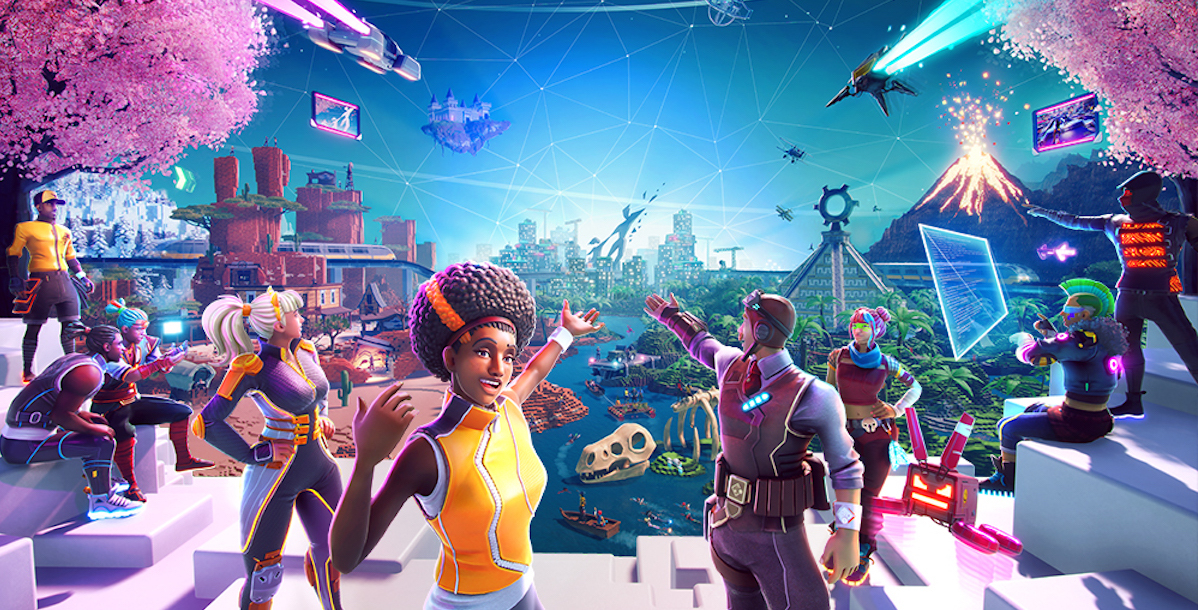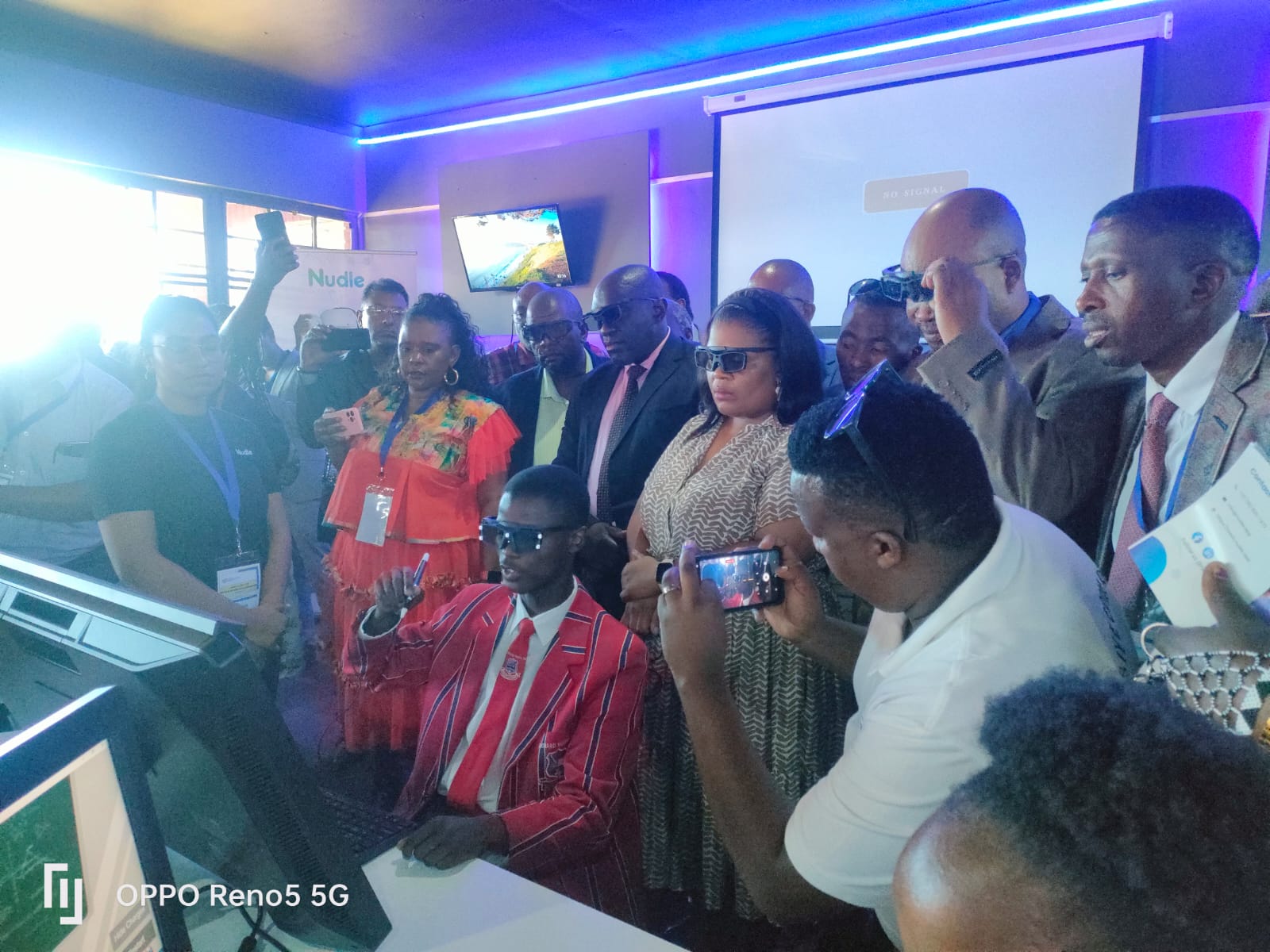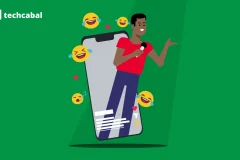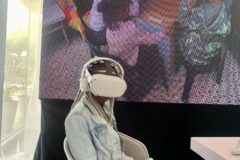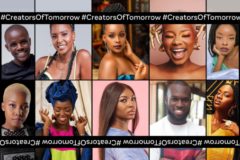After contributing to the launch of the AfroDroids collection, an NFT project which sold out at $3 million but soon stuttered, I started my own company, Faces of web3, in 2022. Lack of visibility was one of the reasons for AfroDroid’s lacklustre performance, so I naively attempted to solve the problem for the creator economy. Although I now understand the problem much better, I am no less motivated to solve it.
You might wonder how lack of visibility could be problematic when we sold $3 million on the same day as the launch. Before launching the Afrodroids project, Owo Anietie, the digital artist/creator of the project, and I brainstormed possible strategies and operations to make an NFT project successful out of Africa. After speaking to some connections he had made in the web3 space, Owo partnered with an external marketing team.
This team of individuals from a company based in the United States aimed to help us sell out the project and achieve our roadmap’s goals. They insisted they would only stay for the drop, and contracts were signed. We didn’t know then the enormous work involved in trying to keep the project running and getting secondary sales.
The team led marketing, helping us with their connections in the space, and we (Owo and I) thought that we could hold on to those connections. But as soon as the team hands off our project, it appeared the rest of the NFT community did as well. I found myself reaching out to community leaders and getting ignored. I also noticed that Africans and other underrepresented groups were getting left out of important lists, getting poor sales, and not getting the opportunity to highlight their work. So we started Faces of web3 to solve the visibility problem for creators.
We quickly discovered that the problem was more nuanced than we thought. To get visibility, you need representation. That is, people who look like you and have the money need to be interested in your work, and they also need to be educated about the visibility problem. Unfortunately, many Africans are either undereducated, don’t have disposable income, or are interested in collecting African NFTs.
Six months after setting up Fow3, a small media publication to highlight creators through interviews and deep dives, we pivoted to educating people about the creator and ownership economy. Our goal is not only to help more Africans onboard to web3 and create alternate sources of wealth but also to understand how important web3 technology can be for us if used correctly.
This led me down a rabbit hole of understanding the creator economy in Nigeria—and Africa at large—and the shocking lack of institutional structure around this economy.
The creator economy in Africa
The creator economy is defined as “the class of businesses built by over 50 million independent content creators, curators, and community builders, including social media influencers, bloggers, and videographers, plus the software and finance tools designed to help them with growth and monetisation”. This economy also happens to be worth over $104 billion.
Given Africa’s young and internet-savvy population, the continent has the potential to control a substantial portion of this valuable and promising industry by leveraging its creator economy to accelerate economic growth and development. Especially in Nigeria, where the employment rate is projected to rise by 40.3% according to KPMG’s latest Global Economic Outlook[pdf], more people could be financially empowered and employed by monetising their knowledge and creative skills, but that does not seem to be the case as Africa continues to be left behind in the larger creator economy discourse.
Here are some obstacles to a thriving creator economy in Africa:
Funding: According to a 2021 report by Hopps, African entertainment companies received a meagre $22 million in funding in 2019, constituting only 1.1% of the total investment in African startups. By contrast, American and other creator economy startups received a whopping $800 million between October 2020 and August 2021 alone. This funding gap is exacerbated by the fact that only 20% of venture capital in Africa comes from local investors, making it difficult for entrepreneurs to secure the necessary resources.
Despite the continent’s large and growing population, African entrepreneurs face significant obstacles in accessing adequate funding compared to their Western counterparts. For instance, Selar, a Nigerian e-commerce platform, has struggled to secure external funding despite its growth potential. The company relied on an entrepreneurship grant of no more than $10,000 to start in 2018. Such limited funding opportunities can hinder the development of the African creative economy and stifle innovation.
Payment infrastructure: A reliable payment infrastructure that works seamlessly across the continent is essential for the African creator economy to flourish. Unfortunately, cross-border payment has been a major challenge on the continent, and addressing it is critical to ensuring a smooth operation of the industry. Developing payment systems that support international markets is vital to unlocking the potential of the African creator economy.
Paystack’s Storefront data reveals that in the first half of 2021, digital products, professional services, and courses were among the top 20 bestsellers on the platform, with eight being digital products or services. Furthermore, 10% of the 100 bestselling merchants on the Nigerian Storefront were consultants or content creators who sold digital products.
This use case demonstrates that solving payment problems can create endless opportunities for African creators. Platforms like Paystack and Flutterwave can help creators by allowing them to layer several products and services onto their content. For example, Paystack enables local merchants to collect payments from Apple Pay users, while Flutterwave allows African merchants to send and receive money through PayPal. By developing local solutions, Africa can tap into global opportunities that make it easier for creators to monetize their work. Additionally, it encourages global platforms to collaborate with established local players, benefiting both parties in the long run.
Internet access: Low internet penetration in Africa is a significant hindrance to the growth of the creator economy on the continent. According to the International Telecommunications Union (ITU), only 40% of Africans have access to the Internet, the lowest rate in the world. This limits the number of potential customers for creators, which makes it difficult for them to monetise their work. Additionally, the low adoption of e-commerce in the region makes it unattractive to advertisers, resulting in lower ad revenue for creators.
Moreover, access to the internet is not the only challenge that creators face. The quality of the Internet connection is closing the gap between Africa and the rest of the world in terms of internet penetration, which requires significant investment in infrastructure. The World Bank estimates that $100 billion is needed to build broadband networks, 4G base stations, kilometres of fibre-optic cables, and migration to 5G and data centres. Notably, tech giants like Google and Facebook have started investing in subsea cables to connect Africa to Europe and Asia, providing faster and cheaper internet to the continent. However, more must be done to ensure that all Africans have access to affordable and reliable internet to support the growth of the creator economy.
Poverty: Poverty poses a significant challenge to creators in Africa regarding monetizing their audiences. Disposable income is low, meaning creators cannot rely on their audiences to generate significant revenue through merchandise or other direct-to-consumer channels. Instead, they often depend on brand partnerships and influencing to supplement their earnings. However, according to content creator Tayo Aina, African advertisers do not appreciate the value creators can bring to their businesses.
This lack of appreciation means that African creators often struggle to secure brand partnerships and other collaborations that can help them build wealth and establish ownership over their content. Without a reliable source of income, many African creators struggle to make a living from their work and must find other ways to support themselves.
Access to education is crucial for Africa to fully participate in the creator economy and benefit from its opportunities. With over 1 million people annually trying to gain admission to federal universities in Africa and a nearly obsolete curriculum, it is clear that the education system needs to be revamped to support the growth and development of the continent.
As the world shifts towards automation and a more digital future, African youth must be equipped with the necessary skills and knowledge to thrive in this new landscape. The internet and virtual resources have levelled the playing field for Africa, allowing for the same educational opportunities as in other parts of the world.
Investing in education will not only create a more skilled workforce, but it will also increase the quality of content from African content creators. This, in turn, will attract more attention and investment to the African creator economy. It is time for Africa to be part of the conversation and even lead the way in this new era. By creating strong educational systems, Africa can fully participate in the creator economy and shape its future.
How education will benefit the creator economy
The lack of technical skills in the African labour market has led to a demand and supply mismatch, making it challenging for creators to monetise their audience. To address this issue, education can be vital in equipping creators with the necessary knowledge and skills to succeed in the creator economy.
One of the benefits of education in the African creator economy is helping creators understand their place in the industry and how to take advantage of the available opportunities. By offering education on the creator economy, African creators can demand more from platforms and take advantage of opportunities like the TikTok creator fund which they are currently ineligible for.
Another benefit of education is teaching creators how to run their channels and content like a business. Often, to achieve success, creators need to be skilled in creative content production, audience building, business management, and operational excellence. For solo creators, this can be overwhelming, and their growth may stall if they lack operational excellence.
By providing creators with an accelerator program designed with their needs in mind and helping them assemble teams, they can simplify their operations and focus on creating quality content. This approach can help improve the production value of videos, leading to better engagement and retention.
Educating creators about branding and sales is crucial for their longevity and sustainability as creators. By understanding the impact of sponsorships on their brand, they can be more intentional about their partnerships and avoid damaging their reputation.
Shifting to ownership is also crucial for African creators to build wealth and sustainability. Relying solely on platforms and their monetisation programs may not be enough to achieve financial independence. Instead, creators can consider coming together to form collectives, sharing resources and skills to produce high-quality content that stands out. They can also explore new technologies like web3, DAOs, and tokenisation to decentralise ownership and decision-making.
Finally, creators can leverage ownership to create more meaningful relationships with their fans. By keeping track of their followers and offering personalised experiences and merchandise, creators can build deeper connections and show their appreciation for their support—Ticketmaster recently launched this experience. This approach fosters a sense of community and helps creators build a sustainable and loyal fan base that can sustain them in the long run.
Prioritising education is a key solution to address the lack of knowledge and skills among African creators and boost the continent’s GDP through the creator economy. Developing effective educational programs that equip African content creators with the necessary skills and knowledge is crucial. Some examples of such programs include Tayo Aina’s YouTube Creator course, specifically designed for African content creators, and Mavin Records’ Future 5 program, aimed at helping young Africans build a career in music by providing relevant skills; also, Mr Beast’s online content creator course.
By focusing on education, we can help creators develop the expertise required to build their brands, attract more followers, and generate sustainable revenue streams. Educating creators about ownership and multi-platform monetization will enable them to achieve financial independence, increase their earning potential, and create new jobs in the digital economy.
Esther Eze is a creative technologist based in Lagos, Nigeria. She is passionate about exploring how Africans can utilise the internet to tap into their professional skills, build projects, and benefit from the creator economy. Esther writes about interests focusing on creator economies, system operations, and community building.







